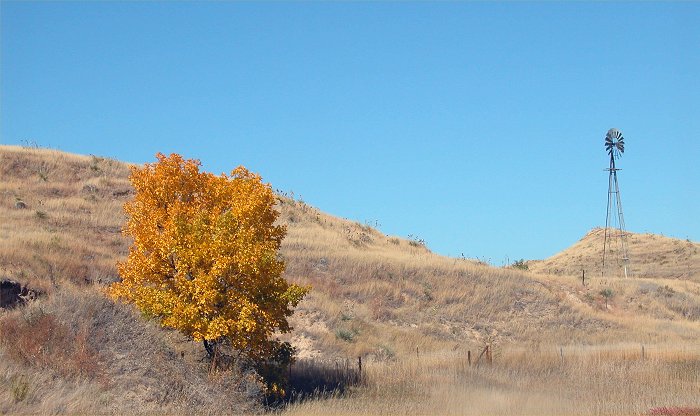
Agricultural News
NACD President Participates in Climate Change Panel
Fri, 24 Apr 2015 14:56:24 CDT
 National Association of Conservation Districts (NACD) President Lee McDaniel represented the nation's 3,000 conservation districts at a climate change forum Thursday in Lansing, Michigan. McDaniel participated in a roundtable discussion hosted by Secretary of Agriculture Tom Vilsack. The discussion included a diverse group of producers, landowners and partners who are taking action to address the impacts of climate change including droughts, floods, wildfires, and other extreme weather events.
National Association of Conservation Districts (NACD) President Lee McDaniel represented the nation's 3,000 conservation districts at a climate change forum Thursday in Lansing, Michigan. McDaniel participated in a roundtable discussion hosted by Secretary of Agriculture Tom Vilsack. The discussion included a diverse group of producers, landowners and partners who are taking action to address the impacts of climate change including droughts, floods, wildfires, and other extreme weather events.
"Good conservation planning and implementation on agricultural and forest lands has tremendous potential to reduce greenhouse gas emissions and build resilience to extreme weather events associated with climate change," said McDaniel.
NACD and districts across the country are engaged in efforts to build awareness about the environmental and economic benefits of soil health practices. These practices include reduced tillage, the use of cover crops and building soil organic matter. By reducing soil disturbance and building soil organic matter, producers are trapping "good" carbon in the soil. These practices, along with advances in precision agriculture, mean fewer inputs.
Producers participating in NACD focus groups tell us that soil health practices are helping to increase resilience to weather events. In dry regions, enhanced water infiltration helps producers endure drought. Conversely, producers who reduce tillage and use cover crops in areas with more annual rainfall say their farmland is more resilient to floods and major rainfall events.
"Conservation districts are boots on the ground," said McDaniel. "They are providing technical assistance and cost-sharing for cover crops, holding soil health workshops and tours, renting no-till drills, coordinating cover crop seed purchases and collecting and sharing information about the economic and environmental benefits of soil health practices."
Many conservation districts and their partners are also actively engaged in ecosystem trading programs. As these programs mature, there will be increased opportunities to "farm carbon" and other ecosystem services.
"No single group can do it alone," McDaniel continued. "Partnerships are the key to getting things done."
For more information on the forum, click here to read the USDA press release.
WebReadyTM Powered by WireReady® NSI
Top Agricultural News
More Headlines...




















